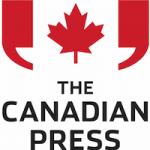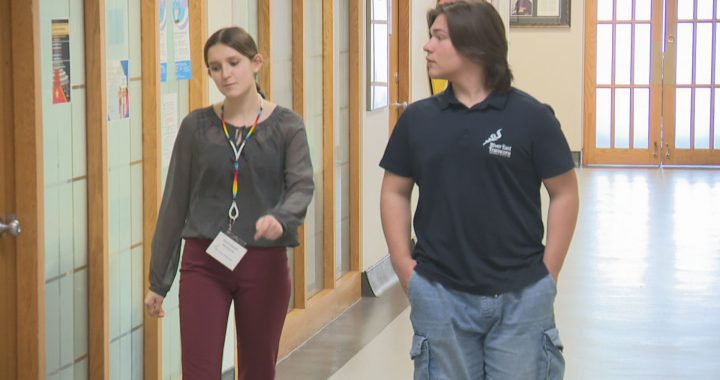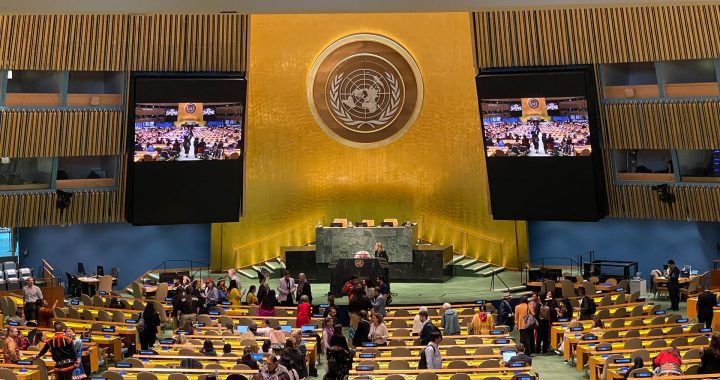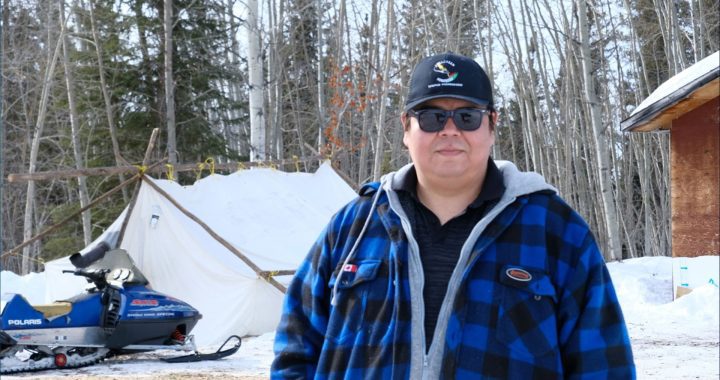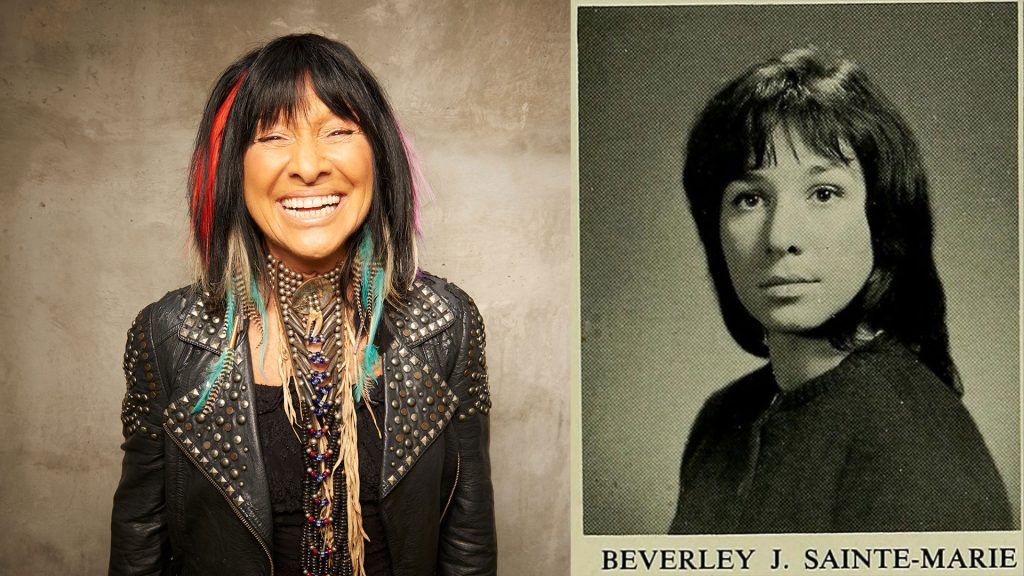
The chief of a First Nation in Saskatchewan that has been thrust into the controversy over Buffy Sainte-Marie’s ancestry says the legendary singer and songwriter should take a DNA test to provide an answer about her heritage.
“I do believe that we deserve a definitive answer from her,” Piapot First Nation acting Chief Ira Lavallee said Thursday.
“Clearly, the only option I can think of that would definitively solve any of this would be a DNA test.”
Sainte-Marie’s Indigenous culture was a central part of her identity as her fame began to rise in the 1960s. But there have been conflicting stories about her adoption and heritage throughout her career.
Her official website recently said she was “believed to have been born in 1941 on the Piapot First Nation reserve in Saskatchewan and taken from her biological parents when she was an infant.”
As an adult, Sainte-Marie was adopted into the Piapot family on the First Nation in the traditional way, and she remained connected to the community.
Piapot was proud of her accomplishments, Lavallee said, and when Sainte-Marie succeeded, those in the southern Saskatchewan Cree community felt like they had succeeded.
Lavallee said he believed the narrative from Sainte-Marie that she had lineage and parentage connected to the First Nation.
However, after a CBC report in October raised questions about her Indigenous heritage, Lavallee said he’s no longer sure.
“We did have a strong connection to Buffy, but all that has been thrown into chaos,” Lavallee said.
Read More:
Buffy Sainte-Marie speaks out regarding questions of Cree ancestry
CBC reported that it found Sainte-Marie’s birth certificate, which says she was born in 1941 in Massachusetts. The document lists the baby and parents as white and includes a signature of an attending physician — information CBC says is corroborated by Sainte-Marie’s marriage certificate, a life insurance policy and the United States census.
Family members in the U.S., including Sainte-Marie’s younger sister, also told CBC that she was not adopted and does not have Indigenous ancestry.
Sainte-Marie has said the CBC report had mistakes and omissions, adding she has never lied about her identity.
The 82-year-old singer said it was common for birth certificates to be “created” after Indigenous children were adopted or taken away from their families, and she has never known if hers was real.
Sainte-Marie also criticized CBC for interviewing estranged family members whom she doesn’t know. She accused them of perpetuating a story fabricated by her alleged childhood abuser.
Lavallee said Sainte-Marie has become an extremely divisive topic for the community. People across the country are turning to Piapot to make a call – to be a judge or decider – and Lavallee said it’s “not our place to do that.”
“We are directly in the middle of this, and we are being pulled in every direction.”
He said Sainte-Marie should take a DNA test to see if she’s related to her American family or members of the Piapot community.
CBC reported Thursday that the biography on Buffy Sainte-Marie’s official website no longer says she is Cree or born on the First Nation. A mention of her being the first Indigenous person to win an Oscar for best original song in 1982 for co-writing “Up Where We Belong” from the movie “An Officer and a Gentleman” has also been removed.
Sainte-Marie in a recent letter to CBC, provided to The Canadian Press through her lawyers, called the public broadcaster’s reporting a “reckless and ignorant attack” on her character. She said information was removed from her website to protect those who have supported her.
“You have caused great pain to those I hold dear. I have never lied about my identity,” Sainte-Marie wrote in the letter.
She aches for those who have felt betrayed or misled as a result of CBC’s reporting, which had errors, she said. She has also been heartened to receive an outpouring of support.
“In truth, I don’t need to answer to you. Those who love me, know who I am,” Sainte-Marie said in the letter to CBC.
Chuck Thompson with CBC said he had nothing to add beyond a statement provided last week. It said the broadcaster stands by the story and the evidence was fairly presented.




